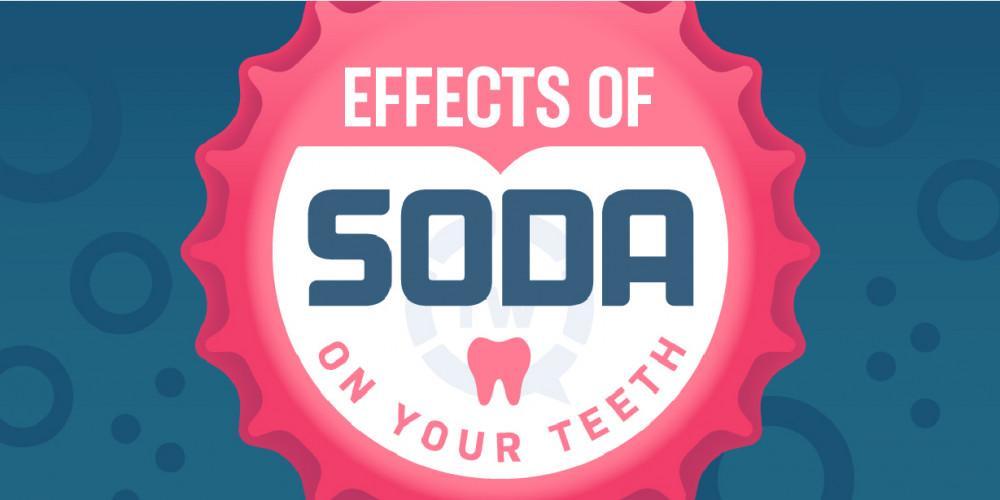
What is Bruxism and Why Does It Matter?

Most of us live in a stressful world. In many cases, we’re juggling a job, a home, a family, and other commitments. Some people handle all those stresses effortlessly, but for many people, stress in the mind ends up being played out in the body. We all know people who suffer from migraine headaches or acid stomachs, but there’s another stress-related condition that affects many adults. It’s a dental condition called bruxism, and people who suffer from it are known as bruxers.
Bruxism is the grinding or clenching of the teeth, often leading to jaw pain, worn enamel, and in extreme cases, cracked teeth. People with bruxism may also chew their fingernails or pencils, or bite the inside of their cheek. However, many bruxers do their grind-and-clench at night, when they’re asleep. For that reason, they may not even realize they’re damaging their teeth, and they may not understand why they awaken each morning with a dull headache or jaw pain.
As noted, bruxism is often stress-related, and if unchecked, it can lead to real and permanent damage. People can literally grind their teeth until the tooth is worn flat. The enamel can be so badly damaged that it must be protected with a crown. Both men and women can suffer from bruxism. Because the grinding so often occurs while the patient is asleep, your partner may be the one to discover the condition. If they constantly hear strange popping, grinding, or creaking noises coming from your side of the bed, it may be time to see your dentist. Other symptoms include:
Teeth that are flattened, chipped, or loose, or otherwise damaged
Increased tooth sensitivity
Jaw or face pain or soreness or tight jaw muscles
Pain that feels like an earache, even if you have no ear infections or problems
A dull headache, usually a result of the tightly clenched facial muscles
Damage from chewing on the inside of your cheek
Indentations on your tongue from your teeth
While bruxism can lead to serious problems, it can be treated quickly and fairly easily. In some cases, bruxers can be taught to break themselves of the habit by resting their tongue upwards while their lips are closed but teeth are apart. In some cases, dealing with the specific stress can ease bruxism. If these options don’t work, your dentist can mold a mouthguard for you to wear at night, which will protect your teeth from further damage.
If you suspect that you or your partner are suffering from bruxism, make an appointment to see your dentist and discuss your concerns. He or she can spot the tell-tale signs of grinding and work out a plan to help you save your teeth. There’s enough stress in most of our lives; don’t add to your by grinding your teeth away. Bruxism can be treated, and if you’re a sufferer, it’s vital for your oral health to face the problem and solve it.
You Might Also Enjoy...


Understanding the Five Stages of Tooth Decay

Kicking the Tobacco Habit is Good for your Mouth

What to Do When You Crack a Tooth

What is Plaque?



